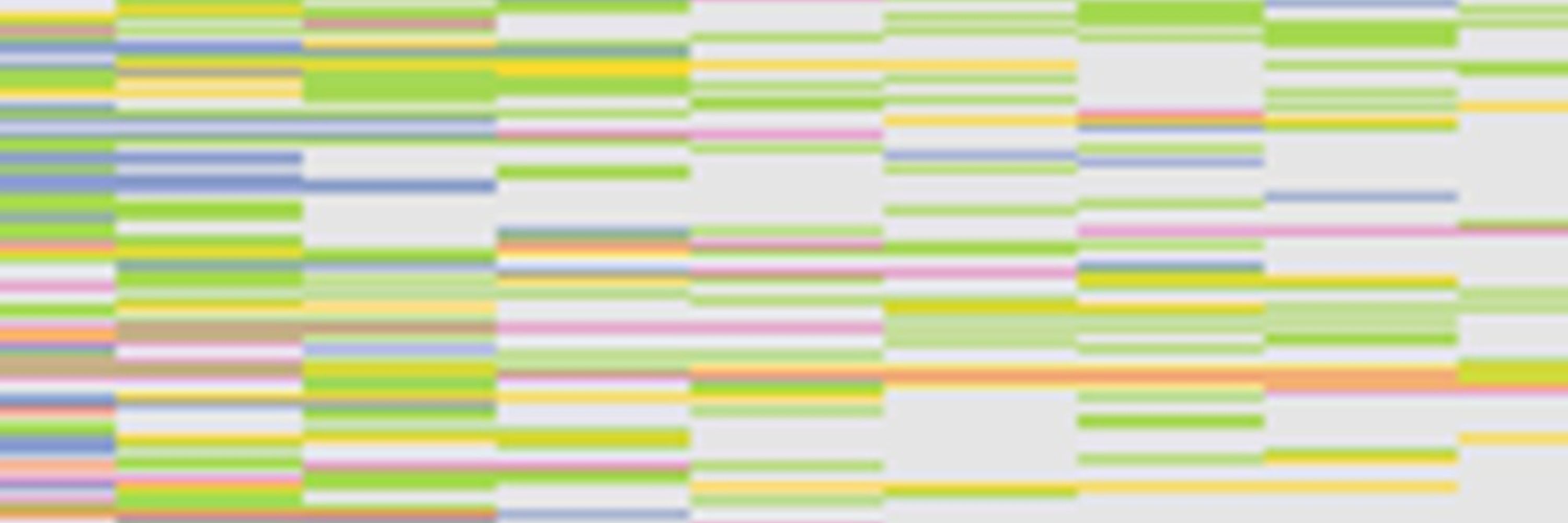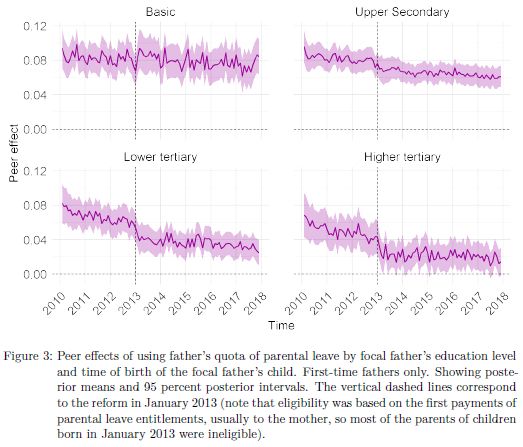
Life course, inequality, (fathers') parental leave, sequence analysis
What did we find?

What did we find?
Thank you Research Council of Finland for granting two postdocs a consortium funding, @invest-flagship.bsky.social for hosting, and great colleagues for participating.

Thank you Research Council of Finland for granting two postdocs a consortium funding, @invest-flagship.bsky.social for hosting, and great colleagues for participating.
journals.sagepub.com/doi/10.1177/...


journals.sagepub.com/doi/10.1177/...

This suggests cross-border policy influences from Sweden, the forerunner in gender-equal leave.


This suggests cross-border policy influences from Sweden, the forerunner in gender-equal leave.




With Tiia-Maria Pasanen,
@giovannigiuliani.bsky.social, Simon Chapman, @jounihelske.bsky.social
doi.org/10.31235/osf...

With Tiia-Maria Pasanen,
@giovannigiuliani.bsky.social, Simon Chapman, @jounihelske.bsky.social
doi.org/10.31235/osf...
We found that low-educated fathers were more influenced by their peer's example.
Link: osf.io/preprints/so...
#AcademicSky #sociology @invest-flagship.bsky.social @flux-consortium.bsky.social



We found that low-educated fathers were more influenced by their peer's example.
Link: osf.io/preprints/so...
#AcademicSky #sociology @invest-flagship.bsky.social @flux-consortium.bsky.social

Recordings are only available to members, but luckily SAA memberships are free of charge. 😉

Recordings are only available to members, but luckily SAA memberships are free of charge. 😉
Matthias Studer is presenting on how to validate sequence typologies and I will talk about creating (explanatory) variables from sequences.
Webinar link here: sequenceanalysis.org/webinars/

Matthias Studer is presenting on how to validate sequence typologies and I will talk about creating (explanatory) variables from sequences.
Webinar link here: sequenceanalysis.org/webinars/

Webinar link: sequenceanalysis.org/webinars/
4/4

Webinar link: sequenceanalysis.org/webinars/
4/4










